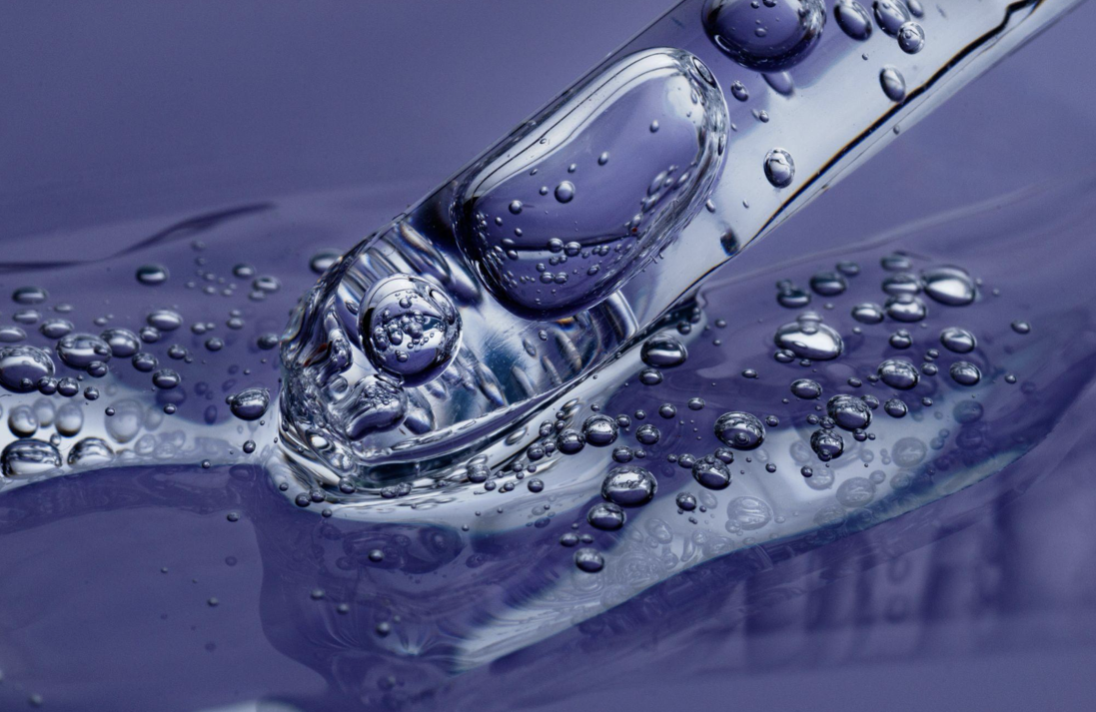Skin Oxidation: How To Prevent It
Our skin is constantly exposed to various environmental factors that can lead to oxidative stress, causing it to oxidize. When our skin oxidates, it can lead to premature aging, hyperpigmentation, inflammation, and loss of radiance. But what can be the causes of skin oxidation?
To begin with, sun exposure is one of the major sources of oxidative stress on the skin. Ultraviolet (UV) radiation from the sun can generate free radicals in the skin, which leads to DNA damage, collagen degradation, and premature aging.
Secondly, air pollution can generate free radicals on the skin's surface. These pollutants penetrate the skin, causing inflammation, oxidative damage, and skin barrier disruption.
The very act of smoking and exposure to secondhand smoke introduce harmful chemicals into the body, which can generate free radicals and affect skin health. Smoking is associated with accelerated skin aging, wrinkles, and decreased skin elasticity.
Moreover, poor nutrition, including diets high in processed foods, sugar, and unhealthy fats, can contribute to oxidative stress in the body, including the skin. A diet lacking in antioxidants and essential nutrients may impair the skin's ability to defend against oxidative damage.
Excessive alcohol consumption can deplete antioxidant levels in the body and increase oxidative stress. Alcohol-induced oxidative damage can manifest in the skin as dehydration, inflammation, and premature aging.
Exposure to certain chemicals, such as pesticides, heavy metals, and industrial chemicals, can generate free radicals in the skin and contribute to oxidative stress.
By minimizing exposure to these oxidative stressors and incorporating antioxidant-rich skincare products and a healthy lifestyle, we can help protect our skin from oxidative damage and maintain its health and vitality.
What antioxidant ingredients are useful for skincare routines?
Antioxidants are important skincare ingredients in beauty routines due to their ability to combat oxidative stress caused by free radicals. They contribute to healthier skin in many different ways.
Firstly, if our skin has been affected by free radicals generated by factors like UV exposure, pollution, and stress, antioxidants like vitamins C and E, green tea extract, and resveratrol neutralize these free radicals, protecting the skin from damage.
In addition to it, although they do not replace sunscreen, antioxidants can enhance the effectiveness of sun protection by neutralizing free radicals generated by UV radiation, providing an extra layer of defense against sun-induced skin damage.
Antioxidants can also help reduce oxidative stress, by preventing collagen breakdown and promoting firmer, more youthful-looking skin. They also help to diminish the appearance of fine lines and wrinkles, contributing to a smoother complexion.
There are some antioxidants such as vitamin C and niacinamide that can inhibit melanin production, helping to fade dark spots, hyperpigmentation, and uneven skin tone. This results in a brighter, more even complexion.
Moreover, some other antioxidants, like green tea extract and chamomile, possess anti-inflammatory properties, which can soothe irritated or sensitive skin, reducing redness and promoting a more balanced complexion.
Finally, antioxidants help to repair cellular damage caused by environmental stressors, promoting skin renewal and overall skin health. Incorporating antioxidants into your skincare routine can help fortify your skin's natural defenses, combat signs of aging, and maintain a radiant, healthy complexion.
What other key ingredients can we incorporate into our skincare routine?
Among all the ingredients we may incorporate, azelaic acid is a beneficial skincare ingredient and it is considered a multifunctional ingredient with various skin benefits, including antioxidant properties. It can help neutralize free radicals and reduce oxidative stress on the skin, contributing to its overall health and resilience. Moreover, this noble ingredient offers a wide variety of benefits to keep our skin healthy and radiant.
Azelaic acid has anti-inflammatory properties, making it effective in reducing redness and swelling associated with conditions like acne, rosacea, and post-inflammatory hyperpigmentation.
As it is antibacterial, it can inhibit the growth of acne-causing bacteria, such as Propionibacterium acnes, helping to prevent and treat acne breakouts.
Azelaic acid has mild exfoliating properties, which can be beneficial for cell turnover and unclogging pores and improve skin texture as well as reduce the formation of acne lesions and comedones.
It can reduce dark spots and hyperpigmentation by inhibiting melanin production, leading to a more even skin tone.
Azelaic acid is generally well-tolerated by most skin types, including sensitive skin, and can be used together with other skincare ingredients like retinoids and alpha hydroxy acids.
Azelaic acid can be included in the versatile skincare ingredients list since it offers multiple benefits beyond its antioxidant properties. It is particularly useful for individuals dealing with acne, rosacea, hyperpigmentation, and sensitive skin concerns.
If you want to fight skin oxidation, look for products with noble ingredients such as azelaic acid and fight oxidation to have healthier skin and a radiant look.








